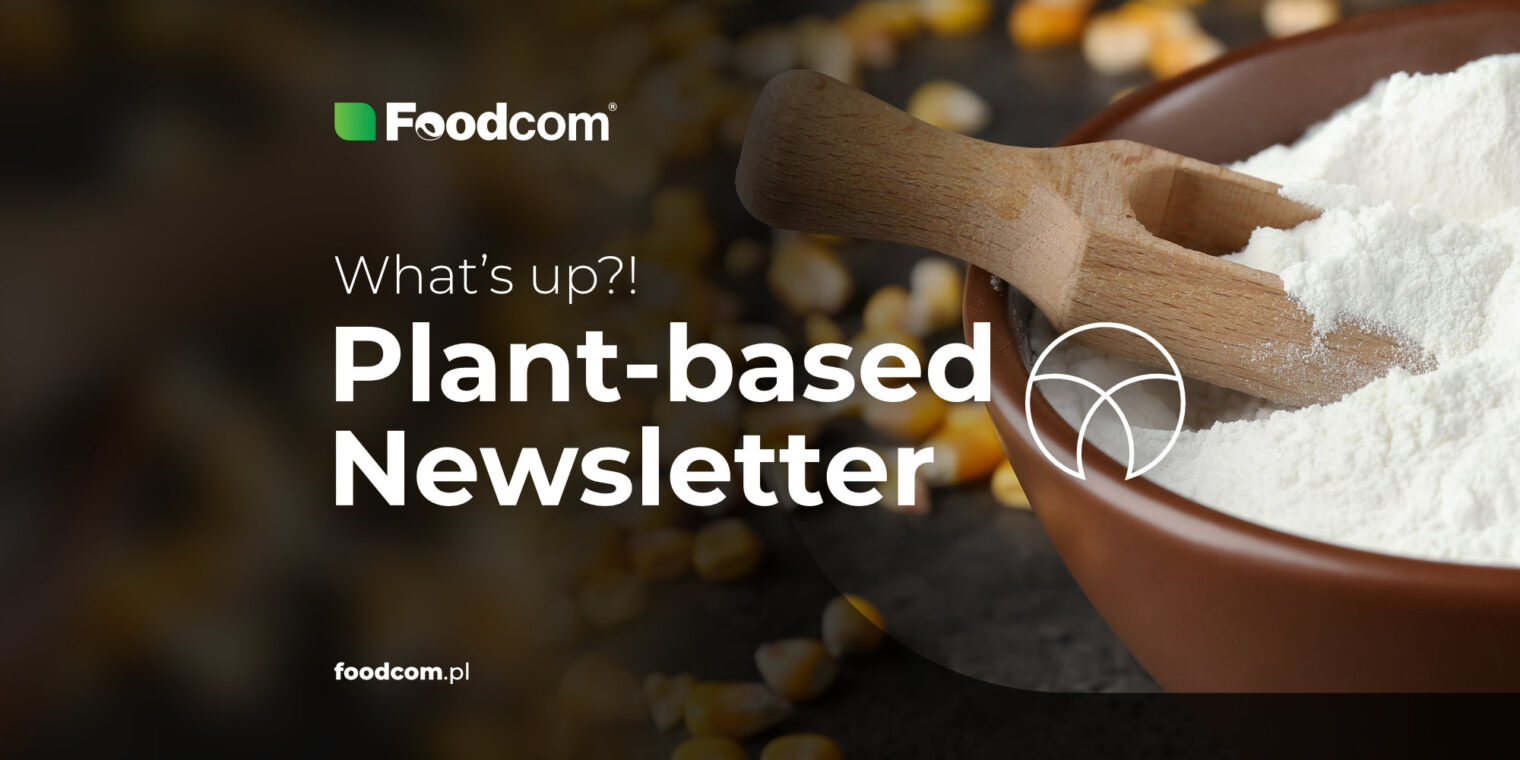Résumé
Table des matières
The new outbreak of the Covid-19 virus and the imposition of quarantine in one of China’s provinces, as well as the news that China is considering possibility of providing aid to Russia, have been the main factors affecting global market prices recently. Concerns that it will lead to sanctions from the West against Chinese companies, caused a collapse in the value of shares of Chinese companies, which lost $2.1 trillion during the day. Want to learn more?
With us, you’ll never miss a thing!
Prices continue to rise. Most major producers are already sold out. Increasing popularity of potato protein due to its high nutritional value is contributing to the growth of prices. The current demand for potatoes is outstripping the available supply and potato imports are up over 130%. In general, the potato market is unsettled due to the war in Ukraine. For now, it is not clear how Egyptian imported potatoes will reach the Russian market.
The growing interest in pea protein is primarily due to its unique advantages over other sources, such as animal protein or other plant sources. This protein source may prove to be a good and primarily available substitute for potato protein.
Since mid-February, the price of wheat trade has risen by 50%. Vital wheat gluten prices are already high and are not likely to fall. U.S. and European wheat futures rose as export curbs by Russia fuelled concerns about global supply disruptions following Moscow’s invasion on Ukraine.
Bakeries are looking for alternatives because there are big shortages in the availability of the product.
Latest crop ratings for U.S. wheat, are confirming poor conditions in drought-affected states. Hydrolyzed wheat gluten is almost impossible to find. Exports of corn and soybeans from the United States are slower than last year. Despite problems with corn supplies from Ukraine and a poor soybean harvest in Brazil, China has not yet seen an increase in demand. Product availability is almost nonexistent.
Dextrose is mainly made from wheat and corn, the prices of which are rising and thus dextrose has also become more expensive. The situation is uncertain. Demand is very high and strong, feed grade is sold even above food grade. Raw products are being blocked due to disruptions in supply chains.
Prices for corn gluten meal have increased. The product continues to be a desirable source of protein for producers. When it comes to alternative sources, corn can be a great choice. Unfortunately, expect gluten corn meal prices to rise as a result, as there are few low-cost sources with good protein levels left.
With us, you’ll never miss a thing!
PROTEINS
Potato protein
Prices continue to rise. Most major producers are already sold out. Increasing popularity of potato protein due to its high nutritional value is contributing to the growth of prices. The current demand for potatoes is outstripping the available supply and potato imports are up over 130%. In general, the potato market is unsettled due to the war in Ukraine. For now, it is not clear how Egyptian imported potatoes will reach the Russian market.
Pea protein
The growing interest in pea protein is primarily due to its unique advantages over other sources, such as animal protein or other plant sources. This protein source may prove to be a good and primarily available substitute for potato protein.
Vital wheat gluten
Since mid-February, the price of wheat trade has risen by 50%. Vital wheat gluten prices are already high and are not likely to fall. U.S. and European wheat futures rose as export curbs by Russia fuelled concerns about global supply disruptions following Moscow’s invasion on Ukraine.
Bakeries are looking for alternatives because there are big shortages in the availability of the product.
Hydrolyzed WG
Latest crop ratings for U.S. wheat, are confirming poor conditions in drought-affected states. Hydrolyzed wheat gluten is almost impossible to find. Exports of corn and soybeans from the United States are slower than last year. Despite problems with corn supplies from Ukraine and a poor soybean harvest in Brazil, China has not yet seen an increase in demand. Product availability is almost nonexistent.
STARCHES & SUGARS
Dextrose
Dextrose is mainly made from wheat and corn, the prices of which are rising and thus dextrose has also become more expensive. The situation is uncertain. Demand is very high and strong, feed grade is sold even above food grade. Raw products are being blocked due to disruptions in supply chains.
Corn gluten meal
Prices for corn gluten meal have increased. The product continues to be a desirable source of protein for producers. When it comes to alternative sources, corn can be a great choice. Unfortunately, expect gluten corn meal prices to rise as a result, as there are few low-cost sources with good protein levels left.
Catégories







